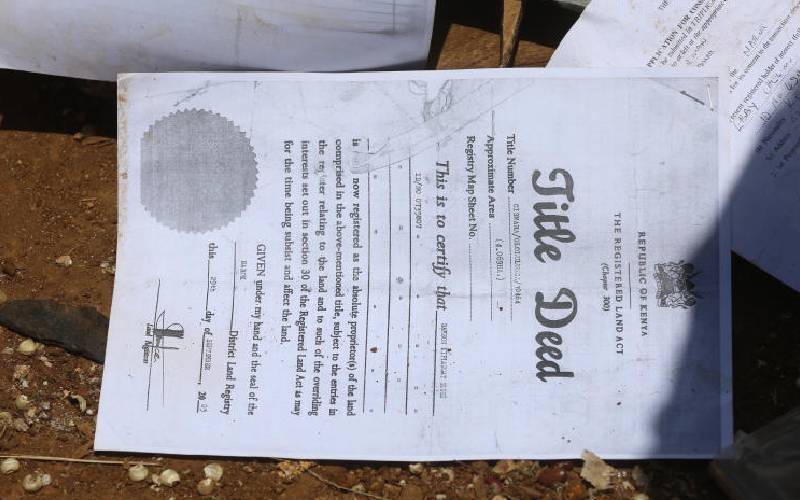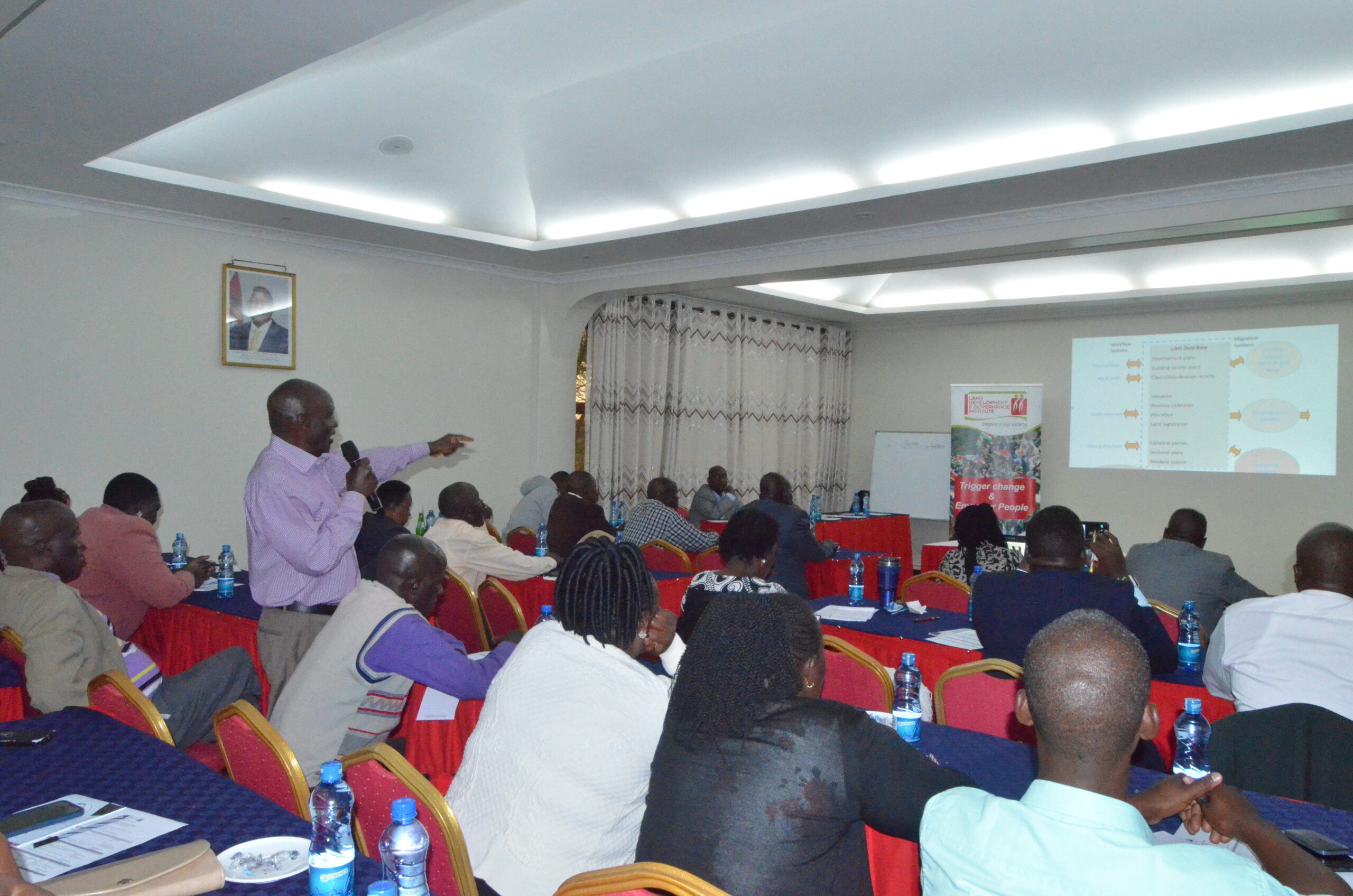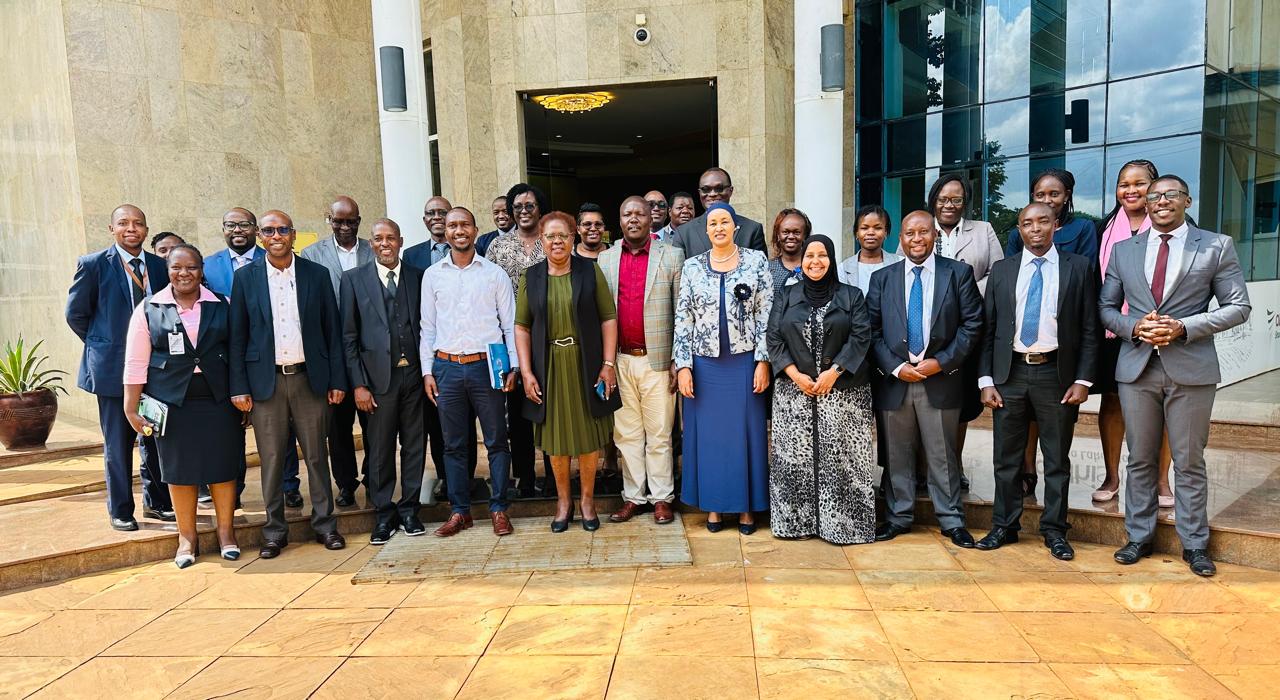The government recently announced a review of the National Land Policy as required under Article 60(2) of the Constitution, with the public submissions deadline on March 20.
The land policy developed in 2009 expired in 2019, presenting another opportunity to chart a master plan on use and management of land and land resources for economic growth and poverty reduction.
An effective land policy should respond to citizens’ need for easy access to land for livelihood and investment with secure titles and an opportunity for the state to formulate policies that support its strategic development goals.
The expired policy had a special focus on, among others, sustainable land management, resolution of historical land injustices, land issues requiring special attention (like land rights of minorities and vulnerable groups) and legal and institutional reforms.
Urban planning and development
Since 2009, there have been many changes in national and land governance that affect the systems through which oversight of the performance of the land sector is done.
They include the promulgation and implementation of the Constitution, devolution of functions to county governments, using technology in land administration and legal reforms.
The revised policy must be responsive to contemporary issues — such as the need for sustainable urban planning and development; delivery of land for strategic national projects; and land policies that facilitate mitigation of climate change.
It must guarantee security of land tenure, provide effective measures of handling land injustices, accelerate registration of community land and spur uptake of technology in land administration and management.
Since all activities occur on land, it is critical that the policy makes particular focus on those needs guaranteed under the Bill of Rights in Constitution.
Land and land-based resources
It is also critical that the land policy provides a framework for equitably increasing revenue from land and land-based resources, particularly own source revenue for counties.
Land taxes are said to be the largest untapped source of county revenues. Data compiled from county government by the National Treasury shows potential to increase revenue from land from 15 to 30 per cent — 40 per cent of county revenues.
Legislative and policy measures will be required to regulate the use and development of land; adopting levies on extraction of natural resources; enforcement of documentation of extension and change of land use; registration of rights to land (including leases, subleases and sectional properties); and broadening the land tax base.
An up-to-date inventory of registered rights and ownership information, preparation of county land value indices and valuation for property rates will bolster revenue collection.
Ms Makena is a registered valuer and a land expert.
Source: https://nation.africa/kenya/blogs-opinion/blogs/here-s-another-opportunity-to-get-our-land-matters-right-4540960








